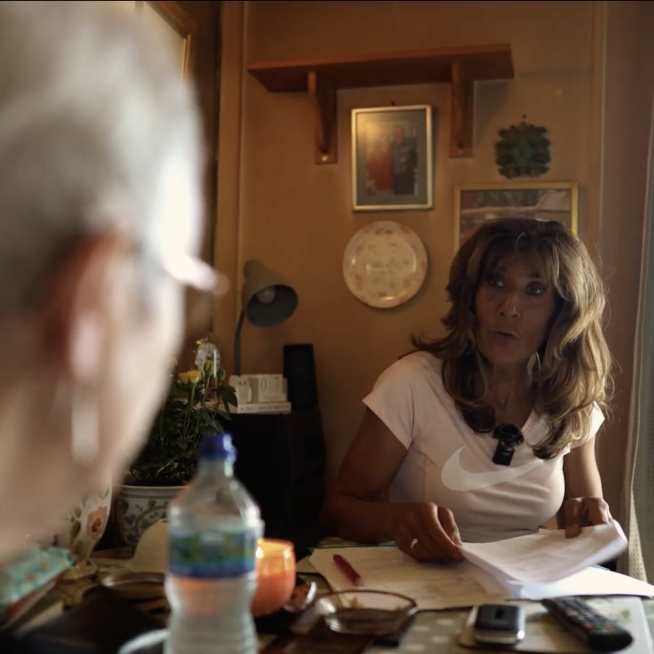
In already challenging times, we’re aware that many organisations are having to find a significant amount of money to cover these increases.
Samantha Dixon, MP for Chester North and Neston, responded with the following.
“The Government has taken a number of difficult but necessary decisions on tax, welfare, and spending to fix the public finances and fund public services. One of the toughest decisions we took was to raise the rate of employer NICs from 13.8 per cent to 15 per cent, whilst reducing the per-employee threshold at which employers start to pay National Insurance (the Secondary Threshold) from £9,100 to £5,000.
At the same time, the Government decided to protect the smallest businesses from these changes by increasing the Employment Allowance from £5,000 to £10,500. This means that next year, 865,000 employers will pay no NICs at all, and more than half of all employers will either gain or will see no change. It means employers will be able to employ up to four full-time workers on the National Living Wage without paying a penny of employer NICs.
All businesses and charities will still be able to claim employer NICs reliefs including those for under 21s and under 25 apprentices, where eligible. More widely, the UK tax regime for charities, including the exemption from paying business rates, is among the most generous of anywhere in the world. Tax reliefs for charities and their donors were worth just over £6 billion for the tax year to April 2024, of which gift aid made up nearly £2.3 billion and business rates relief nearly £2.6 billion.”
Justin Madders, MP for Ellesmere Port and Bromborough, responded with the following.
“Due to the economic legacy the new Government has inherited, it has had to take tough decisions to fix the foundations in the public finances and invest in Britain’s future so we can rebuild our country. Given the £22 billion black hole left by the previous government, it is vital that we put our public finances on a firm footing.
Regarding the employer National Insurance rise that will be implemented in April 2025, the allocation of funding for the next year will be set out soon, taking into account all the pressures facing sectors like the communities sector.
Your concerns and the concerns of Cheshire West Voluntary Action are well understood as they have already been communicated to my office, and I recognise the decision to increase employer National Insurance will have impacts for large businesses and other organisations. However, I believe the measures in this Bill, alongside other measures in the Budget, are crucial to funding our NHS and other public services while maintaining economic stability. I therefore welcome that the Bill passed its Second Reading and will be further considered by the House of Commons.
The burden of tax has too often fallen on working people, so I believe it is the right choice to ask employers to contribute more. However, at the same time, I welcome that the Government is also choosing to protect small businesses by increasing the employment allowance – a discount on employers’ National Insurance bill – from £5,000 to £10,500 and making this allowance available to all eligible employers by removing the £100,000 NICs cap. As a result, the overall changes made by this Bill will mean that 865,000 employers pay no National Insurance at all next year, with over one million – more than half of all employers, and including many charities and small businesses – paying the same or less than they did previously.”
At CWVA, we champion the community sector and we’ll continue to lobby on your behalf, raising the challenges our sector is facing and the steps we can take to ease some of these.
If you’ve ever got any concerns or things you want us to raise with partners in the public sector, please email: enquiries@cwva.org.uk.
Receive weekly updates with the latest news and information for community sector organisations
Sign up here